Pick up a brick, and let go of it; it will immediately fall to the ground.
Include a right into US Constitution, than violate it. Violators won’t be necessarily slapped on the wrist, nor is there any guarantee that the violated right will be restored.
That’s the key difference between the two sets of laws – those decreed by God, and those authored by us humans. The former are inexorable and come into effect immediately and on the spot, all by themselves; the latter need intervention from another human, called “judge,” to take effect. If the judge is not inclined to stop violators of the law, it is as if that law had never been enacted.
Now consider this: the rights we hold dear, the rights without which life is hardly worth living, the rights without which we are but animals or at best slaves, are by their nature not the auto-enforceable laws of God; they are merely legislated by humans.
When those rights are violated, the only thing we can do to restore them is to go to court. This means that our right to have justice in the courts is THE linchpin of all other rights we enjoy. Remove that linchpin, and we no longer have our rights, except as worthless little blobs of ink on paper.
In other words, our rights are guaranteed if, and ONLY if, the judges have no right to deviate from enforcing the laws. Once judges get the right to veer right or left of the law, or get around the law by jumping over it or crawling under it, you can bid your rights goodbye.
What we have is a zero-sum game. Judges’ rights eat into your rights. For your rights to be intact, judges shouldn’t have any rights.
Most unfortunately for us, judges do have rights – the right to be “corrupt and malicious” (which judges gave themselves in Pearson v. Ray), and the right to become parties to the cases they are adjudicating so they could substitute parties’ argument with their own imaginings, and to pretend that an appeal to a violated right was not even made, or that the opposing argument was better than it was, so as to be able to come up with seemingly plausible, but utterly off-the-wall (and, in essence, nonjudicial) rulings (which the federal judges gave themselves in Tsitrin v. Lettow, Tsitrin v. Vitaliano, and Tsitrin v. Jacobs, Katzmann, and Livingston.)
Because federal judges have those rights, you don’t really have yours.
To regain our rights, we need to deny federal judges their rights – their right to be “corrupt and malicious,” their right to pretend that parties argued something entirely different from what they argued, their right to ignore the rules, facts, and law, their right to swindle us out of justice.

